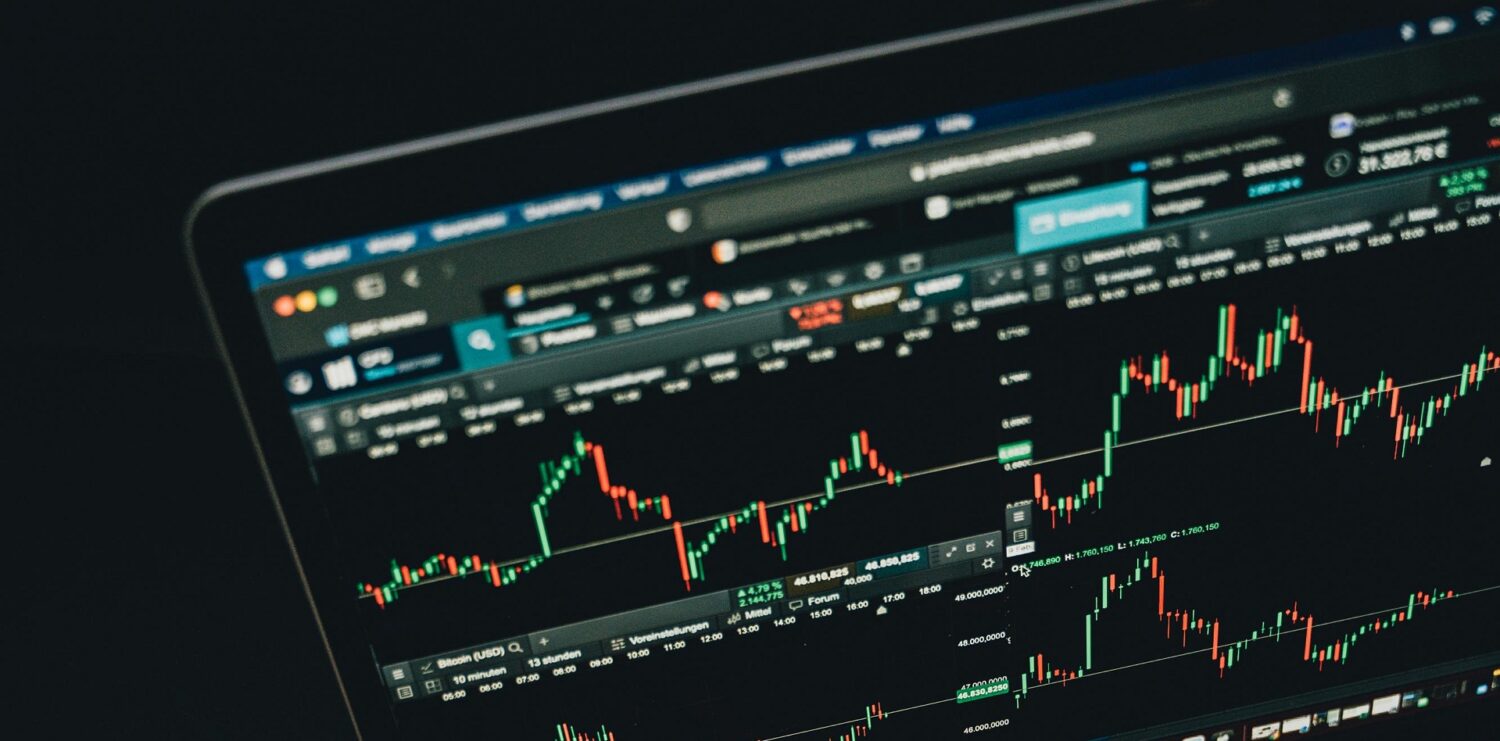The current price of a stock is the price at which it is currently trading on the stock market. The current price of a stock can change throughout the day as buyers and sellers make offers and bids for the stock. The current price of a stock is important for investors to know because it…
Preferred stock
Preferred stock is a hybrid security that has some features of both debt and equity. Like debt, preferred stock has a fixed dividend that must be paid before any dividends are paid to common shareholders. However, like equity, preferred stockholders have a claim on the company’s assets in the event of bankruptcy. There are many…
Penny stock
A penny stock is a stock that trades for less than $5 per share. Penny stocks are often traded over-the-counter (OTC), meaning they are not listed on a major stock exchange. Penny stocks are considered to be high-risk investments because they are often thinly traded and there is less information available about the companies that…
Over-the-counter (OTC) market
An over-the-counter (OTC) market is a decentralized marketplace for trading securities and other financial instruments. It is not a physical location, but rather a network of dealers and brokers who trade directly with each other. OTC markets are used to trade a wide variety of securities, including stocks, bonds, options, and derivatives. They are also…
Order: A request to buy or sell a stock
An order is a request to buy or sell a stock. It is a way for investors to communicate their investment intentions to a broker or exchange. Orders can be placed for a variety of reasons, such as to take advantage of a perceived opportunity, to hedge against risk, or to simply manage an existing…
Market capitalization
Market capitalization, also known as market cap, is the total value of all outstanding shares of a company. It is calculated by multiplying the current share price by the number of outstanding shares. Market capitalization is a measure of a company’s size and is often used to compare companies in the same industry. Market capitalization…
Index
An index is a statistical measure of change in a securities market or a particular segment of the market. It is a way of measuring the performance of a group of assets. Indexes are used by investors to track the performance of the market as a whole, or to compare the performance of different asset…
Exchange
An exchange, also known as a stock exchange, is a marketplace where stocks and other securities are bought and sold. Exchanges provide a centralized platform for buyers and sellers to come together and trade securities. This allows for greater liquidity and transparency in the market, which can benefit both buyers and sellers. There are many…
Earnings per share (EPS)
Earnings per share (EPS) is a company’s net income (profit) divided by the number of outstanding shares of common stock. EPS is a valuable measure of a company’s profitability because it shows how much profit each share of stock is worth. EPS is calculated by dividing net income by the number of outstanding shares of…
Dividend
A dividend is a distribution of a portion of a company’s earnings to a class of its shareholders. When a company earns a profit or surplus, it is able to pay a portion of the profit as a dividend to shareholders. Any amount not distributed is taken to be re-invested in the business. Dividends are…
Common stock
Common stock is a type of security that represents ownership in a corporation. It is the most basic form of equity, and it gives shareholders a number of rights, including: Common stock is riskier than other types of investments, such as bonds, because it is not guaranteed to pay dividends or appreciate in value. However,…
Call option
A call option is a contract that gives the buyer the right, but not the obligation, to buy a specified quantity of an underlying asset at a specified price on or before a specified date. The specified price is called the strike price, and the specified date is called the expiration date. The buyer of…
